Researchers have achieved the real-time dynamic holographic movie of a 3D object
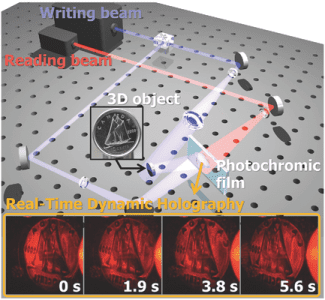

Researchers have achieved the real-time dynamic holographic movie of a 3D object
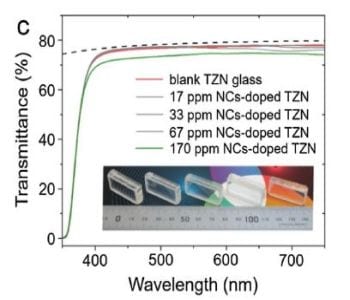
In a new study led by the University of Adelaide in Australia, researchers have developed a versatile direct-doping approach to integrate UPNCs in glass. They discovered that the upconversion emissions of erbium ions can be used to diagnose the survival and dissolution fraction of doped UPNCs in glass.
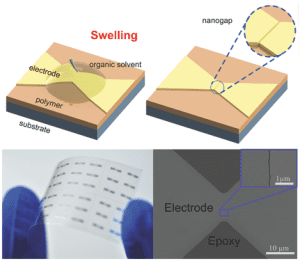
A new, economical approach to fabricate nanogap electrodes on flexible substrates is developed.
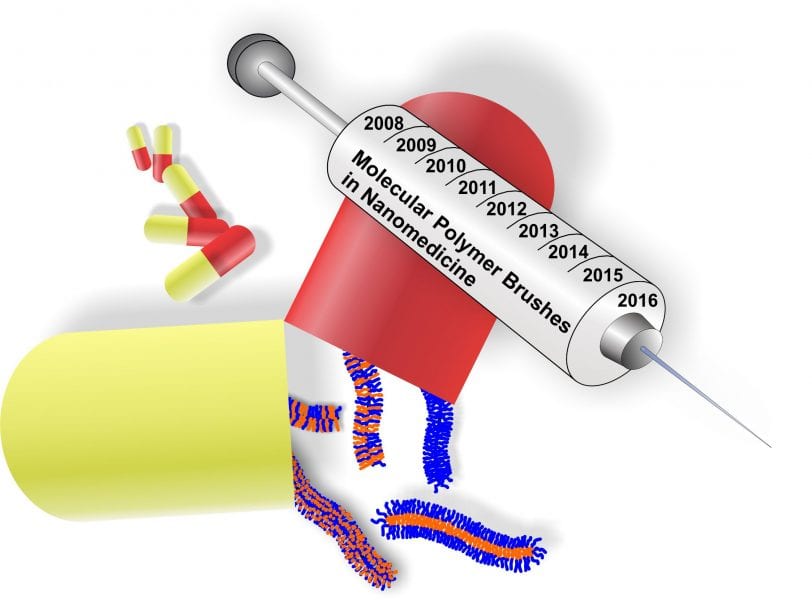
In a recent Talent article, Markus Müllner highlights the diverse applications of molecular polymer brushes in nanomedicine.
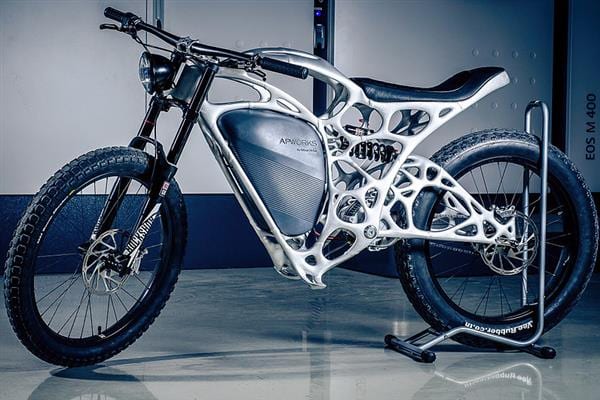
APWorks developed a lightweight motorcycle using bionic design and a selective 3D laser printing system
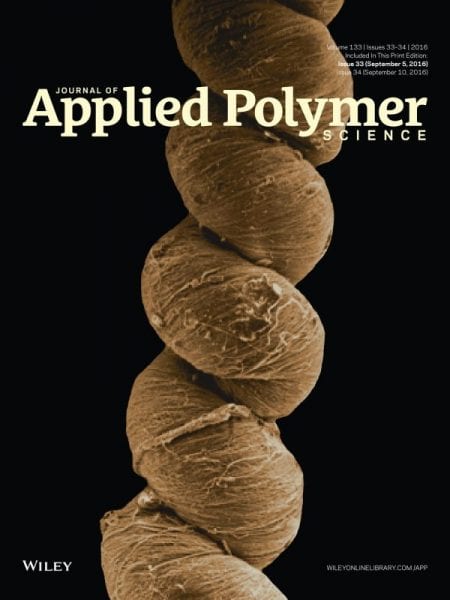
A scalable method to produce polymer nanofibers in a variety of different morphologies is presented.
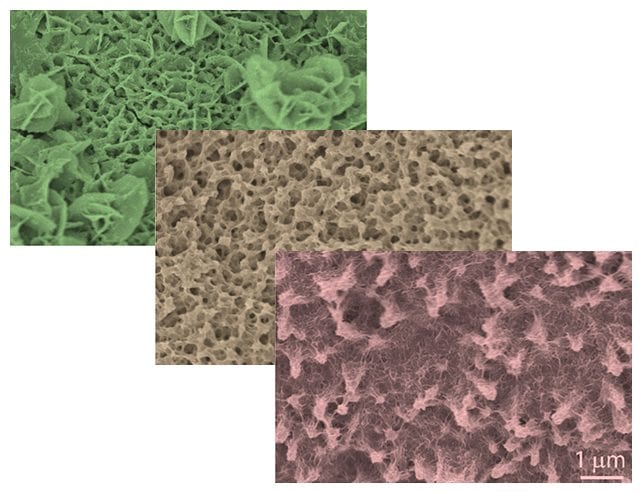
Researchers from Singapore have grown nanoporous nickel sulfide on nickel foam to generate promising electrodes for supercapacitors.

The latest issue of Advanced Optical Materials is now available.
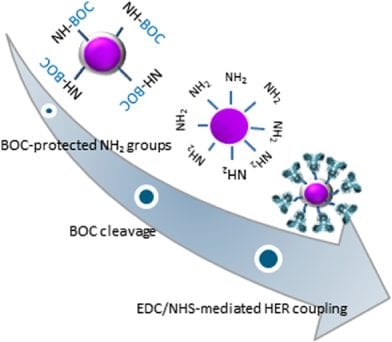
A novel method for preparing biodegradable polyurethane nanoparticles that will actively recognize cancer cells.
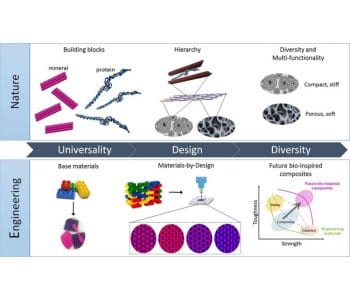
Design principles, and ways to manufacture them via additive manufacturing are studied, to achieve an amplification in mechanical properties of materials.